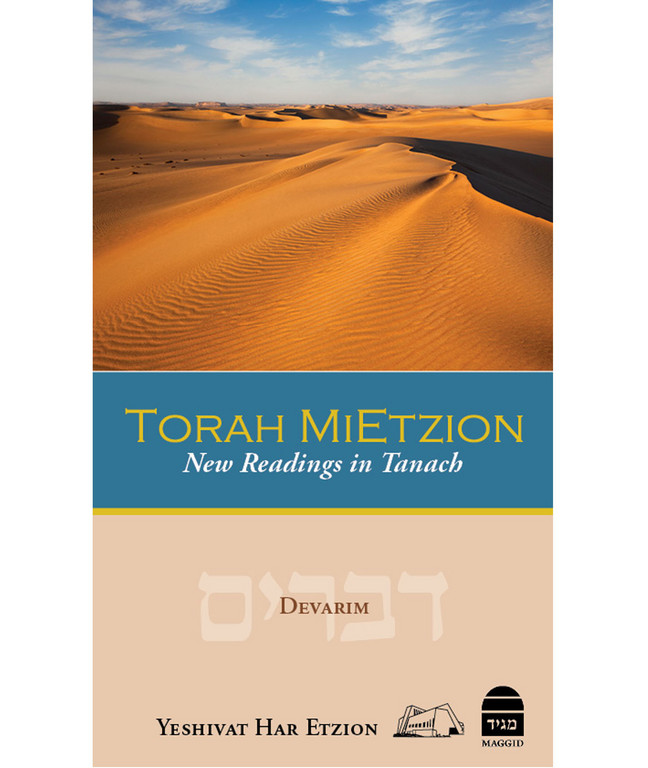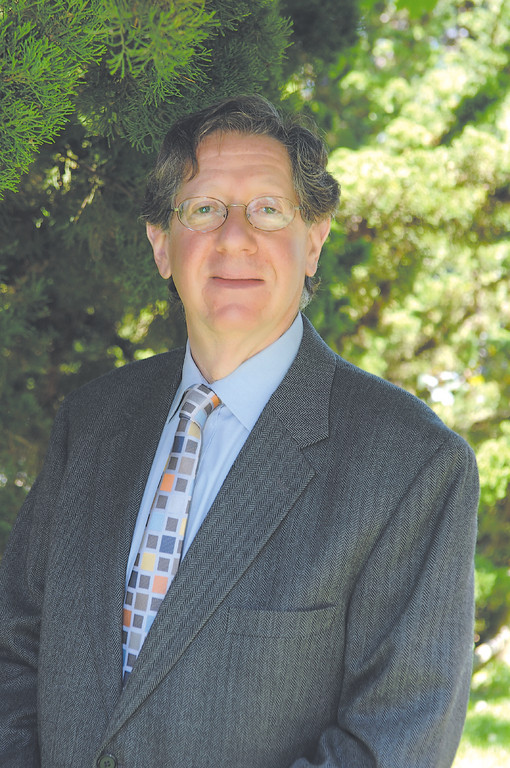The Kosher Bookworm A New Year literary startup
With the New Year observances now behind us, we begin to look ahead liturgically by considering, in hindsight, what we now conclude by finishing with the annual cycle of Torah readings.
The first work for review this week is taken from “Torah MiEtzion: New Readings in Tanach – Devarim” [Maggid / Yeshivat Har Etzion, 2012].
Ha’azinu, the last Shabbat based parsha in the Book of Devarim, reflects a most unique section of the Torah. In an essay entitled, “That This Song May Answer Before Them Forever,” Rabbi Tamir Granot, of The Herzog College, pens a truly unique analysis of the Biblical text of a song dictated by G-d as part of the conclusion of the last book of the Chumash.
What makes this parsha so unique, is the following observation stated by Rabbi Granot:
“Ha’azinu, however, deviates from the rest of the book [Devarim] in that it records not Moses’ words, but rather G-d’s own words. We have already noted above that G-d’s words, preceding the song, represent the only divine revelation in the entire book. That being the case, Ha’azinu allows us to absorb directly the divine perspective on history. From this point of view, there are aspects of the nature of man, society or history that are absolute, and from G-d’s perspective, they are facts. That which appears to us as merely possible, may be known to Him as inevitable. From the Divine perspective, sin cannot be altogether prevented. Free choice arises as possible only after sin and punishment; i.e., within the framework of a situation of teshuva.
“The assumption that a person or society is always able to choose good is too naïve or optimistic. The nature of both man and earthly life, renders sin inevitable. However, a person – and a nation – may repent and return to G-d after sinning.”
The author concludes with some pretty sharp and telling observations that deserve your attention.
“Thus if there is no judgment, then there is no impetus for repentance. But if there is no mercy, and there is no faith in G-d’s desire to accept us, then there can likewise be no repentance; teshuva exists only where the opposite poles of judgment and mercy come together.”
This style of text analysis reflects a unique form chosen for this genre of work, specifically for the Book of Devarim. The editor of this work, Rabbi Ezra Bick, states in his introduction the following cautionary note:
“Not surprisingly, a number of essays in this volume analyze aspects of this problem, unique to this sefer, defining the underlying differences between this book and the preceding ones, and explaining how they are expressed in the contents.”
A careful reading of the essays contained in this work will give you a clearer appreciation of the text, its meanings, and the personality of Moses as he faces mortality in as public a manner as any human has ever faced.
This work should make for some excellent reading over the upcoming Succot holidays.
The publication of this work is the third in a five part series. The first two, Bereishis and Shemos are already in print. They, too, merit your attention in the coming months.
For more information you may wish to contact the yeshiva’s website at: www.vbm-torah.org
ONE LAST HOLIDAY SUGGESTION
During my recent visit to Israel, a very interesting book was brought to my attention. Entitled, “Land of My Past, Land of My Future” [Targum Press,2012] by Michael Kaufman, this work deals with both the theological and political importance of the Land of Israel.
The author, writing in an often blunt and confrontational style, utilizes history, and rabbinic personalities, many not normally cited, in defense of what we today would regard as Zionist positions.
Among these personalities are to be found, just to name a few, the Chazon Ish, the Chofetz Chaim, Rabbi Shlomo Zalman Auerbach, and at the center of them all, Rabbi Yisachar Teichtal, hy”d.
Carefully researched, this work contains 482 footnotes to assist the reader in any further studies and research efforts.
To give you a fair assessment of this book, I would like to quote Rabbi Berel Wein’s take as to the true value that this book can potentially have both in our homes and schools.
“The love for the Land of Israel is lacking in our children’s education, in our homes, and in our synagogues. Much lip service is paid to the cause of the Land of Israel, but it is not really a reality to many, if not most, Jews living in the Diaspora, no matter how observant of ritual they may be.”
Just consider the number of shuls in our community that recite the Prayer for The State of Israel, or have truncated the official text, or do not participate in any communal effort on behalf of the State and you will have an instant confirmation of Rabbi Wein’s impressions.
Reading this work and utilizing its contents in our communal decision making processes will go a long way toward legitimatizing the cause of the State and the defense of the land against its ideological adversaries both within and without our community.
As a further literary assist, The Orthodox Union Press has recently published an interesting study entitled, “Prayers For The Welfare of the State & for The State of Israel” by Avraham Steinberg. This well written analysis is saturated with the true spirit of ahavat Yisrael. Absent is the hot rhetoric and sinat chinam found in some other works. All opinions are reflected and given fair play–no hidden agendas here. This method, which includes 305 footnotes, is truly appreciated and should further enhance discussion on a matter of grave importance, especially in these most dangerous of times when Divine assistance is most needed.
Chag Same’ach to all my dear and loyal readers.

 50.0°,
Overcast
50.0°,
Overcast 







